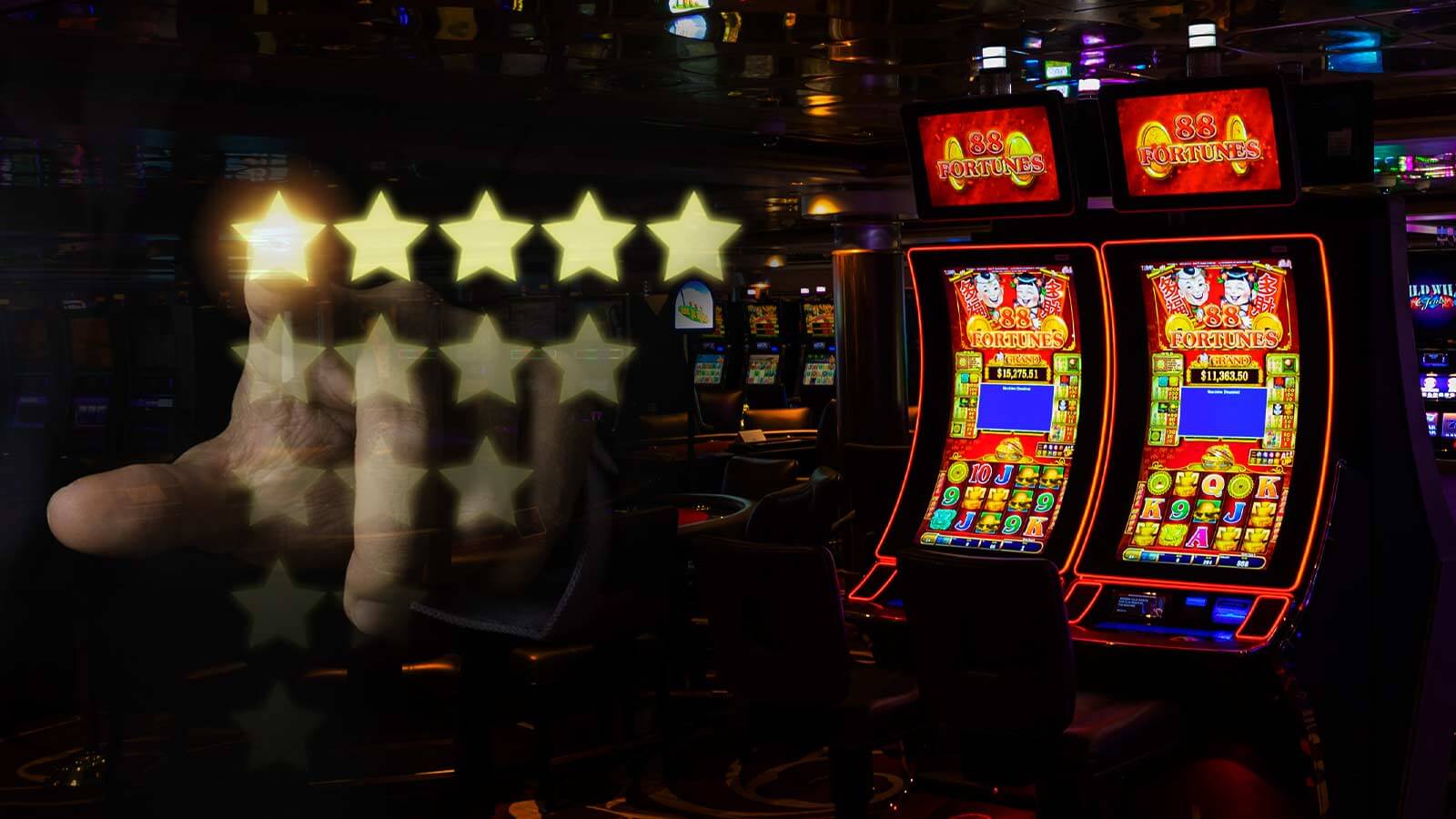Casino games have long been a significant aspect of human culture, offering not just entertainment but a captivating reflection of our aspirations, dreams, and anxieties. From the turning reels of a slot machine to the tactical play of poker, these games encapsulate a range of human sentiments and experiences. At their core, casino games are more than a chance to earn cash; they are a microcosm of life itself, where risk versus reward merge and luck can change in an eye blink.
As players convene around tables or sit in front of glowing machines, they engage in a ritual that transcends mere gambling. These games mirror our natural desires for social interaction, adventure, and the search for fortune. They also reveal deeper truths about human psychology, such as our relationship with fate and the adrenaline of risk. In exploring casino games, we reveal not only the nuances of play but also the complex weave of the human experience, showcasing our interconnected narratives of aspiration and reality.
The Psychology of Gambling
Gambling is deeply rooted in human psychology, appealing to various emotions and desires. The excitement of risk-taking is a core aspect that draws players in, be it it’s excitement of spinning a roulette or the excitement of drawing a winning hand in a poker game. This adrenaline is often compared to other forms of excitement, as the unpredictability of outcomes triggers a unique psychological response. Gamblers often find themselves captivated by the possibility of striking it rich, leading to an irresistible draw toward casino games.
Additionally, an essential component of the psychology behind gambling is the concept of optimism and aspiration. Players often nourish dreams of financial freedom and the opulent lifestyle that can accompany winning. This optimism fuels their ongoing participation in gambling, as it provides a sense of purpose and the belief that a transformative win could be just one wager away. The story of beating the odds and achieving success resonates with many, reinforcing their dedication to play and engage with these games.
Finally, social aspects play a crucial role in gambling psychology. Gambling venues are designed to foster social interaction, where players gather to share the experience of wins and losses. This communal aspect not only amplifies enjoyment but also influences behavior, as individuals often imitate the actions of others around them. The social validation found in shared excitement can enhance the emotional experience, making casino games a mirror of not just personal desires but also shared involvement within the gaming community.
## The Dual Nature of Risk and Reward
Gambling games embody the delicate balance between risk and reward that resonates deeply with human nature. The excitement of placing a bet is often accompanied by a jolt of energy, as gamblers are confronted with the prospect of striking it rich, yet cognizant of the risk to suffer losses. This twofold experience reflects a core aspect of life: the choices we make often come with inherent risks, and the chase for gain can push us to take chances we might not otherwise consider. In this way, casino games reflect real-world choices, enticing gamblers to risk not just their money, but also their hopes.
The allure of big prizes and payouts fuels a wave of hope, inspiring players to dream of a more promising future that could arise from a lucky spin of the wheel or dealing of a hand. This hope can compel individuals to engage in greater risks, urging them to push their boundaries in search of financial gain. However, just as in life, the outcomes of these decisions can lead to both victory and failure. The stories of both jackpot winners and those who have suffered everything at the casino demonstrate the random nature of luck and its impactful repercussions on our futures.
Ultimately, the interaction of engaging with gambling activities serves as a vivid illustration of the human condition. Every round played is imbued with the tension of uncertainty, as players weigh the gains against the risks. 9bet This balance not only highlights the thrill that comes with betting but also exposes the vulnerabilities that come with the desire for more. As we navigate the complexities of choice and results in both the casino and in life, we find that the quest for gain shapes our character and lives in significant manners.
Society and Solitude in Casino Culture
Gambling culture is a unique combination of social interaction and individual pursuit, reflecting the tensions of human experience. Players often gather around tables, sharing in the thrill of the game, rejoicing in wins, and commiserating over losses. This communal aspect is essential, as it fosters a sense of community and camaraderie among varied groups of people. Regular visitors to gaming establishments may build friendships and develop routines, turning the casino into a alternative home where they feel connected to a greater community of players.
However, the allure of gambling activities can also lead to loneliness. As players become engrossed in the excitement of playing, they may isolate from personal connections or fail to engage with the world outside the gaming space. For some, the pursuit of a jackpot can overshadow real connections, leading to loneliness. The situation of being among people yet feeling solitary is not uncommon, as the focus shifts from shared enjoyment to the individual stakes of each player’s journey.
This interplay of society and solitude creates a rich tapestry that defines gaming atmosphere. It showcases the complexity of human interactions, where happiness and despair exist together. Gambling venues serve as both a sanctuary for social engagement and a platform for individual struggles, demonstrating how intimately connected our yearning for connection and the individual quest for wealth can be. In navigating this landscape, players confront their own narratives—seeking both the thrill of the wager and the companionship of other players, eventually mirroring the broader spectrum of individual experience.
